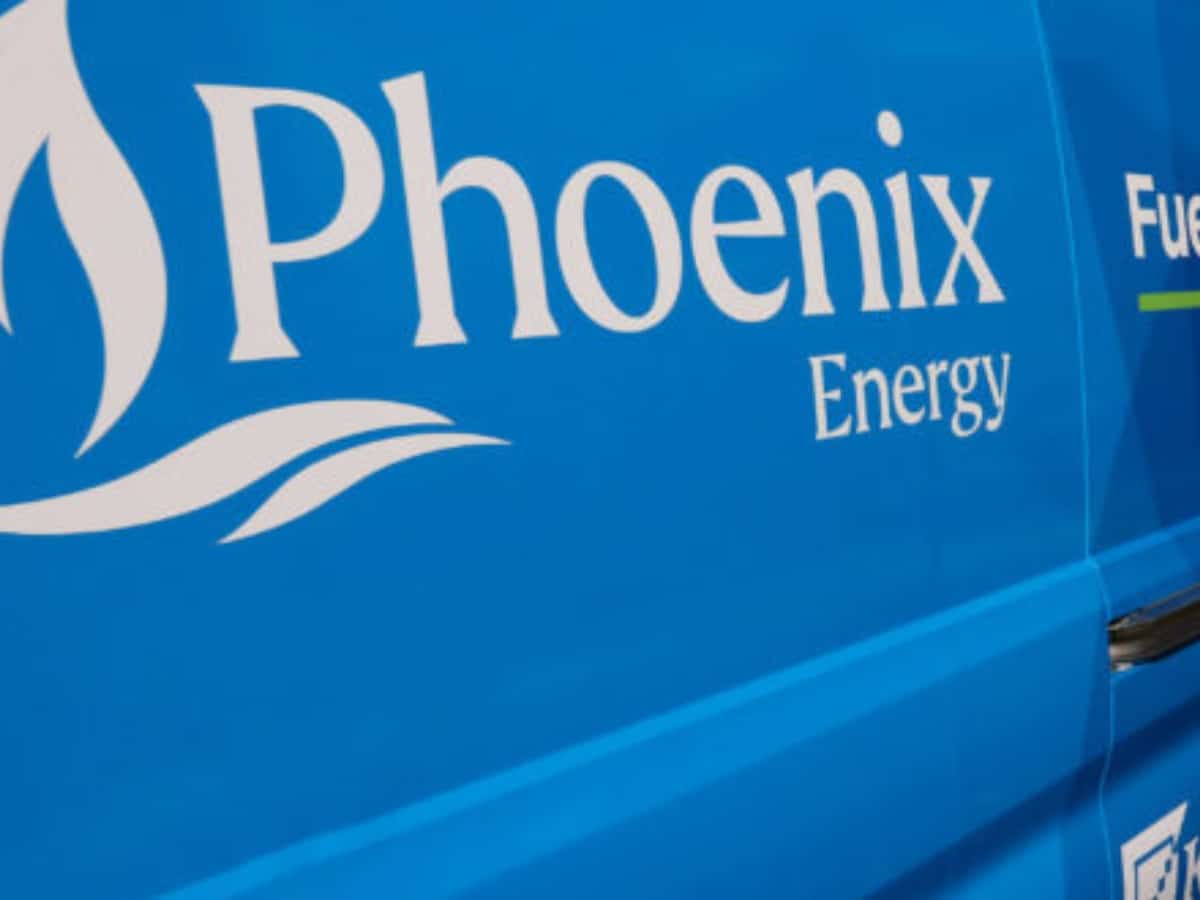On the same day that a new report from the Utility Regulator revealed a rise in complaints among domestic gas customers, gas network firm Phoenix Energy reported a doubling in profits.
The 9% rise in complaints can be found in the annual report on the North of Ireland’s energy market overall, which also features data related to electricity supply. Most complaints relate to “bills, payments and accounts”, which account for 44,128, or 69.1%, of total complaints. Anyone familiar with gas bills in this part of the world will find this unsurprising, as they will have no doubt received many wildly inaccurate usage estimates, which strangely always seem to guess a figure in excess of the real one, rather than the reverse.
Phoenix Energy: profiteering in the North of Ireland
The report also revealed how few customers switch electricity supplier. The main supplier is Power NI, and 49% of its domestic customers have never switched. Changing supplier can be a notoriously bureaucratic process with credit checks involved for switching to direct debit from a typically more expensive prepayment metre. Such checks already disadvantage vulnerable or deprived households, and the checks themselves can often be wildly inaccurate, lacking up to date data. Suppliers will often take advantage of these switching difficulties, leaving customers on a higher tariff than the ‘special offer’ they perhaps initially signed up for. Tools like Power To Switch can help encourage customers to change their supplier on a regular basis and get a better deal.
Meanwhile Phoenix Energy Group, which runs gas networks serving almost half of the six counties population reported pre-tax profits of £35.2 million. It attributed this to its right to recoup profits in 2024 following a cold year in 2023, with less gas being used. This is based on a “six-year price determination” agreed with the regulator, that allows a certain level of profit, while factoring in costs like maintaining the network.
Customers of Phoenix Energy may well ask, however, why it is necessary for ordinary households to subsidise director remuneration of £700,000, including an amount of £600,000 paid to the highest paid director, in a region where fuel poverty is estimated to hit 40% of adults.
Households going without heating and electricity
The National Energy Action Northern Ireland (NEA NI) poll also found that:
A quarter (27% of households) said they went without heating (oil/gas) or electricity at a point during the last 24 months because they could not afford the costs of energy.
It also pointed out that:
68% of households in Northern Ireland rely on home heating oil, a non-regulated fuel.
This figure is dramatically higher than figures in England, Scotland, and Wales, with the antiquated source of energy also being hugely carbon intensive. While Ireland as a whole makes relatively good use of its unique geographic location to generate over 35% of its electricity demand from wind turbines, there is still huge underdeveloped potential in offshore wind and hydropower.
Obstructing the North of Ireland’s energy transition means soaring bills
The Renewable Energy in Northern Ireland inquiry identified:
three key themes…obstructing Northern Ireland’s energy transition
These included:
• Inadequate infrastructure to support NI’s net zero transition, where the committee cautioned that NI should rely on a broader renewable energy strategy;
• An unsupportive policy environment, including a disjointed planning system “weighed down with delays”; and
• A lack of consumer awareness.
A generally sclerotic political class must urgently refocus on these issues to ensure our obligations to the planet are met, along with lowering bills for long-suffering bill payers in a region that lags behind the rest of Ireland, England, Scotland, and Wales in terms of incomes.
Featured image via the Canary
